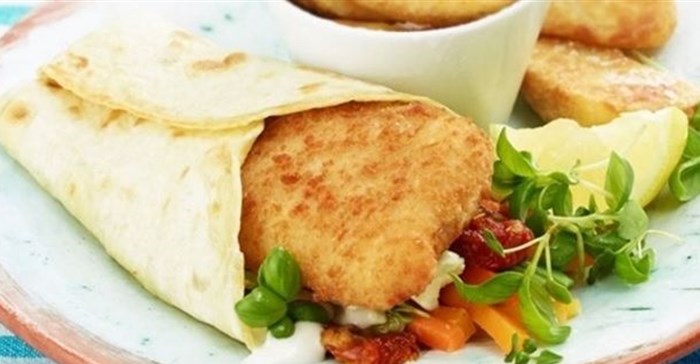
Top stories





Marketing & MediaAds are coming to AI. Does that really have to be such a bad thing?
Ilayaraja Subramanian 16 hours

More news
















A cautionary announcement issued on Thursday indicated that AVI had received a number of expressions of interest for certain of its business units. The group said Rand Merchant Bank had been appointed to assist in evaluating the expressions of interest.
Smart money is betting that AVI is referring to its fishing operations, which have long been regarded as out of place in the consumer-brands portfolio. In an investor presentation in September, AVI CEO Simon Crutchley said that the group would undertake a portfolio review to test the "value realisation options" for I&J.
I&J comprises the iconic hake fishing and processing business, which makes up the bulk of revenue and profits, as well as Australian seafood business Simplot and a sizeable abalone farming venture at Danger Point (near Gansbaai).
The pool of potential buyers for I&J's core hake business will be limited because sector regulations stipulate that operational assets must always be sold to a party that is more empowered than the original owner.
There are two large listed empowered fishing companies: Premier Fishing & Brands (PremFish), which is controlled by African Empowerment Equity Investments, and Sea Harvest, controlled by Brimstone. There is also an unlisted contender, TerraFin, which recently acquired the Saldanha Group's fishing business.
Oceana Group - controlled by consumer brands conglomerate Tiger Brands - is the biggest fishing enterprise on the JSE and could easily afford to swallow I&J. But industry sources discounted the chances of the group bidding for I&J's hake operations, saying that I&J had battled to secure approval for recent deals struck in South African waters.
PremFish director Khalid Abdulla confirmed the company had expressed an interest in certain of AVI's fishing assets. Brimstone executive chairman Fred Robertson said the group was aware of developments at AVI.
It would be unlikely, for competitive reasons, for Brimstone-aligned Sea Harvest, which is already a large hake player, to bid for I&J's hake operations. This would result in complete domination of the local frozen hake sector. But industry sources said the Simplot operation could be an attractive addition to Sea Harvest subsidiary Mareterram, which is listed on the Australian Securities Exchange.
PremFish operations revolve mainly around lobster, squid and abalone farming, which means there could be considerable interest in the highly profitable I&J hake operations.
PremFish, which raised more than R500m at listing in March, is the smaller of the JSE's fishing counters and has consistently reminded that it will not overpay for acquisitions or stretch its balance sheet.
This might mean some misgivings about landing a business as big as I&J's hake operations if the price is not compelling. PremFish has also indicated a determination to rapidly expand its export-orientated abalone farming ventures.
The AVI abalone farming venture is being upsized to an annual production capacity of 500 tonnes, with another 500-tonne expansion being evaluated. This venture would add considerable scale and profitability to PremFish's markedly smaller abalone initiative. Market watchers said the pricing of a potential deal to sell AVI's fishing interests would be interesting to gauge.
Although I&J is highly profitable, the upcoming longterm fishing rights allocation process does muddy the valuation waters. Established fishing companies could suffer marked quota reductions in the process.
In the year to end-June, I&J increased revenue about 9% to R2.36bn with operating profit jumping 18% to R389m. Market sources estimated a value of R2bn to R3.5bn for I&J. This compares with market capitalisations of R12bn for Oceana, R3.3bn for Sea Harvest and R1bn for PremFish.
Suggestions are that the company's hake, Australian seafood and abalone farming operations would probably be sold separately.
Source: Business Day

For more than two decades, I-Net Bridge has been one of South Africa’s preferred electronic providers of innovative solutions, data of the highest calibre, reliable platforms and excellent supporting systems. Our products include workstations, web applications and data feeds packaged with in-depth news and powerful analytical tools empowering clients to make meaningful decisions.
We pride ourselves on our wide variety of in-house skills, encompassing multiple platforms and applications. These skills enable us to not only function as a first class facility, but also design, implement and support all our client needs at a level that confirms I-Net Bridge a leader in its field.
Go to: http://www.inet.co.za